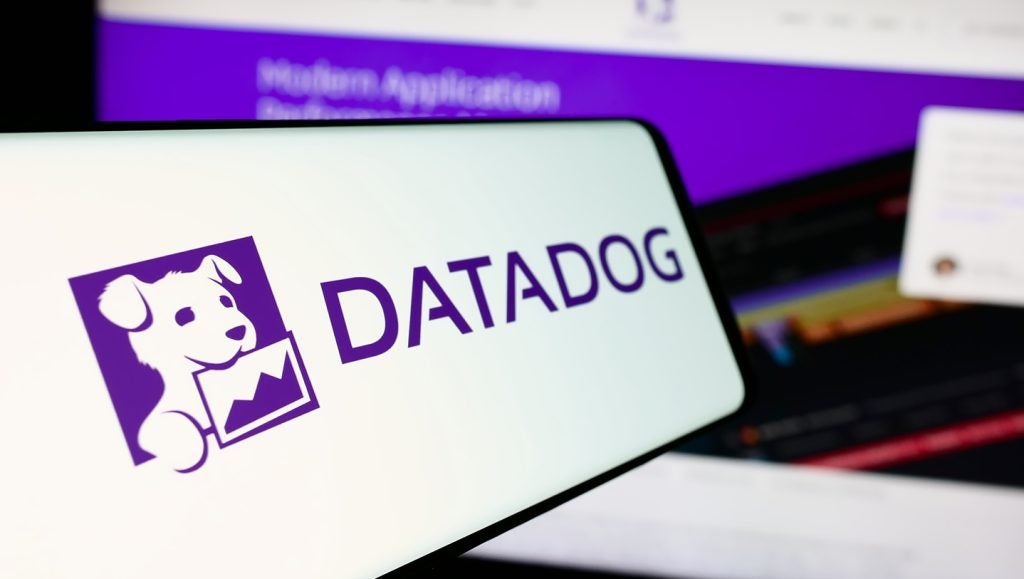
The International Air Transport Association (IATA) summit has opened in Doha, with delegates from countries around the world coming together to talk about the future of aviation in one of fastest growing markets.
Notably absent, however, are the rest of the Gulf states (except for neutral Oman) with Qatar embroiled in a diplomatic standoff with Saudi Arabia, the UAE, Bahrain, Egypt, and other Arab countries to have accused Doha of state-sponsored support of terrorism.
Aviation analyst Alex Macheras said it is significant that the summit is being held in Doha, as it shows international support after other Arab states severed diplomatic ties and imposed an air, sea and land blockade of the country in June 2017.
He told Verdict:
It is very significant that this IATA conference is being held in Doha Qatar. If only to mark the fact that delegates and those from the international aviation community around the world have gathered today in the state of Qatar.
Many people refer to the Middle East as being the area of the world where they forecast the most aviation growth, and where everything is booming, more often than not it’s more to do with Qatar specifically.
 GlobalData Strategic Intelligence
GlobalData Strategic IntelligenceUS Tariffs are shifting - will you react or anticipate?
Don’t let policy changes catch you off guard. Stay proactive with real-time data and expert analysis.
By GlobalDataI don’t think there is a sense that there is any absence of Gulf states here at this conference, purely because when people refer to aviation growth in the Middle East its more to do with Qatar specifically.
It does show the slowdown in neighbouring countries, which was predicted long-ago.
Emirates Airline’s profits plummeted 82% to Dh1.3bn ($340m) for the 2016-17 financial year as the Gulf carriers grapple with political and economic headwinds after years of growth.
Macheras added:
You have Etihad, the flight carrier of the UAE who are financially struggling more than any airline in the world, you have Emirates which is starting to slow down and cut many routes, despite still taking on more aircraft.
In terms of absence and Gulf states not here, I don’t think it has been noticed.
At the opening of the summit, the organisers aired a video on the havoc caused to Qatar’s airline industry after the outbreak of the diplomatic row on 5 June last year, Macheras said.
Qatar Airways, the national airliner, and all other jets registered in Doha were banned from flying over the airspace of the UAE, Saudi Arabia, and Bahrain.
Macheras said:
When the video finished, which was a reminder of what the blockade was, everyone was applauding. This was probably the first time that a larger international community really took in exactly what this geo-political struggle meant for the state, and how they have overcome it.
This airline has been able to achieve so much, given its geopolitical conditions and the climate.
As a result of increased fuel consumption from reroutes, Qatar Airways CEO Akbar Al Baker said he expected to post losses in 2018, after three straight years of untrammelled growth. For 2016-17, Qatar Airways had announced net profits of 1.97 billion Qatari riyals.
Despite tailwinds, the Middle East is one of the fastest growing aviation markets in the world, with a 5.9% annual growth rate over the next 20 years, Aircraft maker Airbus predicts.
Inter-regional growth was also forecast as 6%, slightly ahead of intra-regional and domestic growth at 5.4%.
According to the latest report from the IATA, passenger traffic on the region’s carriers went up 6.6% in 2017, in a slow down from 2016.
This compares to annual growth of 4.7% in the number of airline passengers forecast in the US between 2017 and 2036.
The region’s airlines are under pressure from low oil revenues, regional political instability and the emergence of ‘super-connector’ Turkish Airlines, prompting a sharp drop in capacity growth.
Held under the banner the IATA Ground Handling Conference (IGHC) the two-day conference seeks to address the challenges and opportunities for airlines in the region amidst the Gulf diplomatic standoff.







